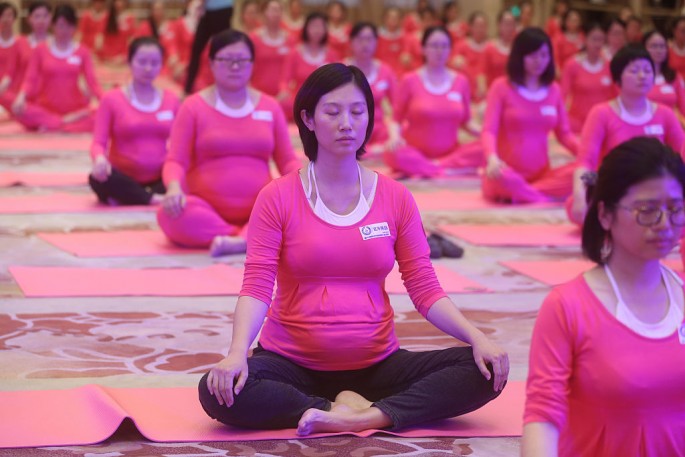After abolishing the one-child policy, China experiences a rippling effect in several statistics including the number of cesarean section births, which was highly favored back when the country was cultivating its “loneliest generation.”
According to China Daily, China saw a significant decline in the number of mothers opting for C-section after the country passed the second-child policy.
Apparently, women in China back then were being cautious about their birthing that they were led to believe that undergoing the surgery would decrease the risks for their precious only child.
However, things changed after the country saw a massive disproportion in their population, leaving the government no choice but to allow couples to have a second child.
C-Section in China
In 2013, 47 percent of Chinese births were made via cesarean section. China Daily believes that this was the case back then because undergoing the surgery is much more convenient for mothers.
Plus, it was deemed safer for the baby, which is why most Chinese pregnant women chose it over normal delivery even though it lengthens the mother's recovery period.
Now, however, China saw a rapid decline in the number of mothers opting for C-section as they finally see the dangers posed by the surgery and the benefits of natural birthing.
"It's a painful experience, both physically and mentally. Many women like us are willing to have one more child," said Liu Yuli, a 31-year-old resident of Beijing who is six months pregnant with her second child. "A natural delivery is good for mother and baby, and can also reduce the risks of a life-threatening pregnancy, so I will try."
She added: "Maintaining a balanced diet and not eating too much will prevent the baby from being overweight. And sufficient exercise makes a natural delivery easier."
Why China Passed the Second-child Policy
Since it was imposed in 1979, China's infamous one-child policy had proved to cause loneliness among Chinese citizens like Prince Wang who constantly wondered what it was like to grow up with a sibling.
"If I had been born in the U.S. instead of China, would I have grown up with a brother or sister? This is something I've thought about a lot since I was young," Wang, a journalism student in the University of Washington, wrote in the Seattle Globalist.
Citing Pulitzer-Prize winning journalist Mei Fong, Wang believes that China's one-child policy can be considered "the world's most radical social experiment."
And history has proven it true as China now faces a worrying disproportion in the population of their elderly and the gradually declining working-age generation.
Aside from that, Fong believes that "China is too male, too few, too soon."
This means the country will still face the drastic effects of their population problem even after the Chinese government has finally decided to allow all couples to have a second child, reported the Xinhua News Agency.



























